Want to Learn More?
We see you making a difference in the lives of others and in your community. Our studio-based art therapy program is designed for students who wish to explore their talents in a studio concentration and make a positive impact on others.
Our program is taught by registered and board-certified art therapists and practicing studio artists. We’ve aligned our curriculum with the American Art Therapy Association’s guidelines to fully prepare you to pursue a graduate degree in art therapy. A master’s degree in art therapy is a minimum requirement to practice art therapy.
As an art therapy major at Cedar Crest, you will have access to several inspirational customized studio spaces, which include indoor and outdoor kilns, models, still life stands, a wood shop, and studios dedicated to sculpture, printmaking, painting, ceramics, and papermaking. In addition to developing your talents in multiple studio areas, you will be introduced to coursework in psychology, taught by psychology faculty members who hold doctoral degrees in their areas of expertise.
Program Highlights
- Curriculum that aligns with the guidelines of the American Art Therapy Association.
- Real-world experience: students have the opportunity to observe and serve as art mentors with a variety of populations through existing community partnerships in the Lehigh Valley
- Credentialed faculty members who are experts in their field.
- Art studio facilities in book arts, ceramics, illustration, painting, papermaking, printed images, and sculpture.
- Flexible scheduling includes accelerated seven-week, online, hybrid, evening/weekend, and daytime courses.
With our own accredited Master of Art in Art Therapy program, Cedar Crest undergrads can move into our master’s program.
Dive A Little Deeper
Hear From Your Peers
I chose Cedar Crest College because of their values, small classes, and variety of majors. I loved the campus and the staff. The teachers are caring and supportive towards us as students. I’ve received a lot of encouragement and kind words from my professors, which has allowed me to grow professionally. The students here are very accepting and supportive as well. I’ve felt nothing but support from them.
Diana Samoylova ’28
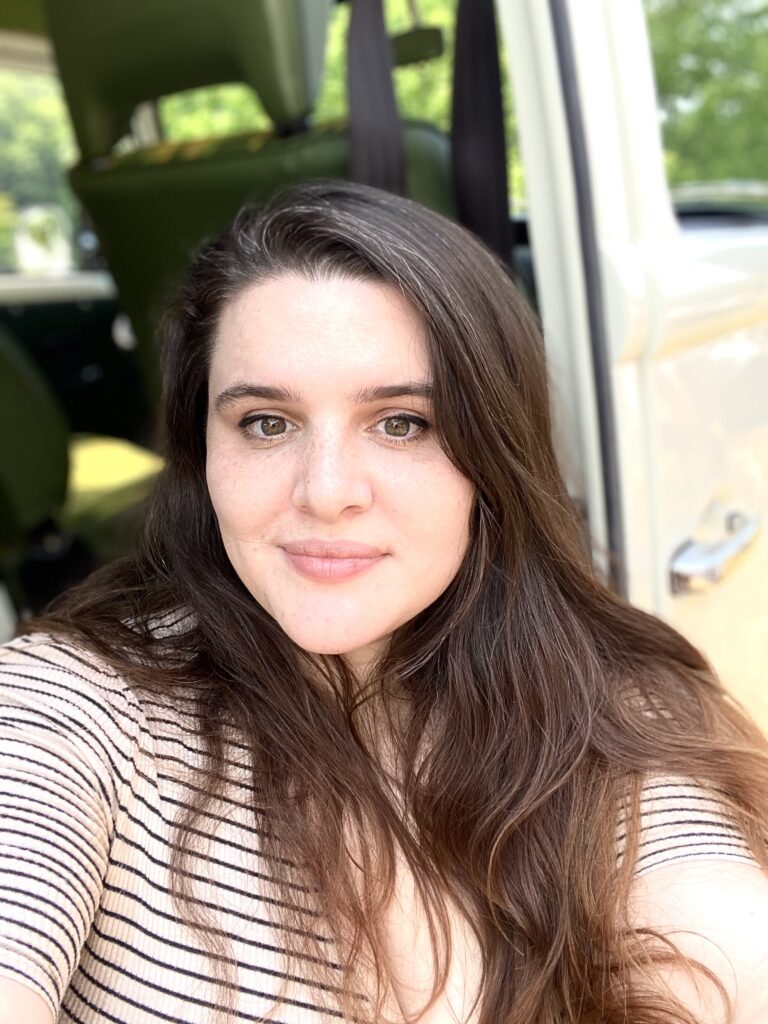
Art Therapy Mission Statement
The art therapy major at Cedar Crest College provides a supportive and inclusive classroom environment that fosters respect for each person and empowerment of the individual through relationship building, leadership development, civic engagement, global connectivity, and health and wellness initiatives. Coursework inspires social awareness, and community advocacy, and prepares students to be compassionate leaders using the healing potential of the arts.
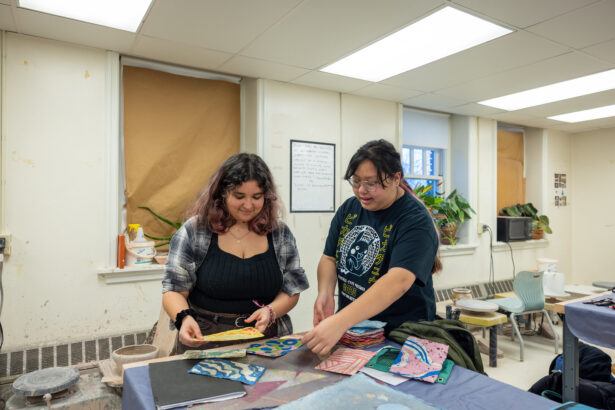
How To Apply
Ready to apply as an undergraduate student?

Accreditation
Cedar Crest College is accredited by the Middle States Commission on Higher Education; 1007 North Orange Street, 4th Floor, MB #166, Wilmington, DE 19801
Faculty & Staff
Who’s teaching you is as important as the curriculum you choose.
Let’s put a face to some of the names you’ll be seeing on the course listings!
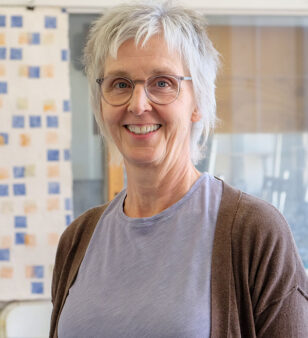
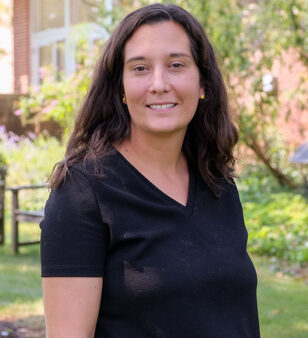
Casey Burke
Assistant Professor of Art Therapy and Internship Coordinator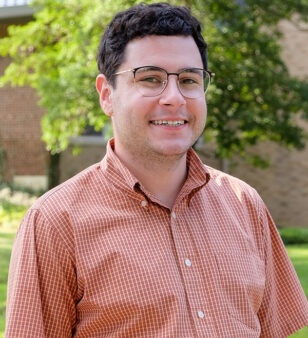
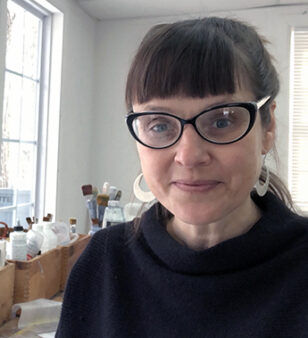

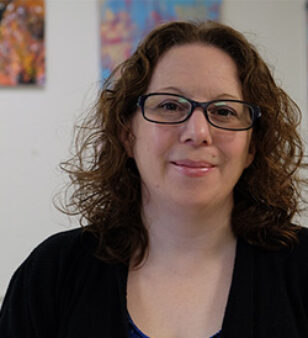
Laura Teoli
Dir of the Master in Art Therapy Pr/Asst Prof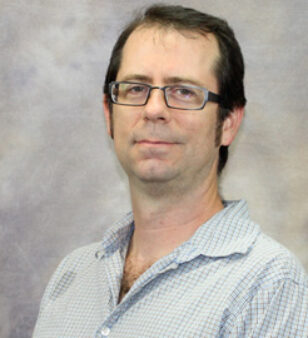
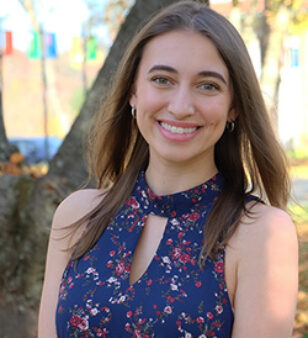
- School of Adult and Graduate Education
- sage@cedarcrest.edu
- P: 610-740-3770
- Traditional Admissions
- admissions@cedarcrest.edu
- P: 800-360-1222
- F: 610-740-3780